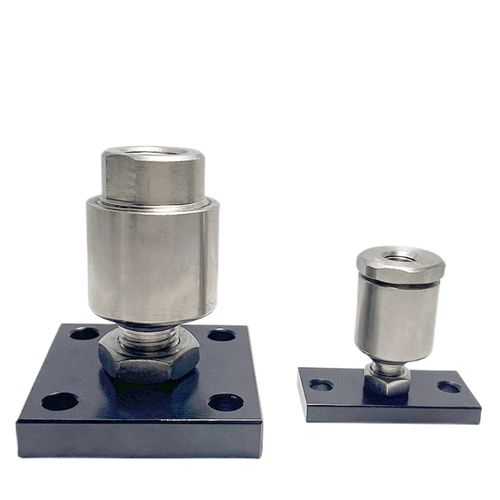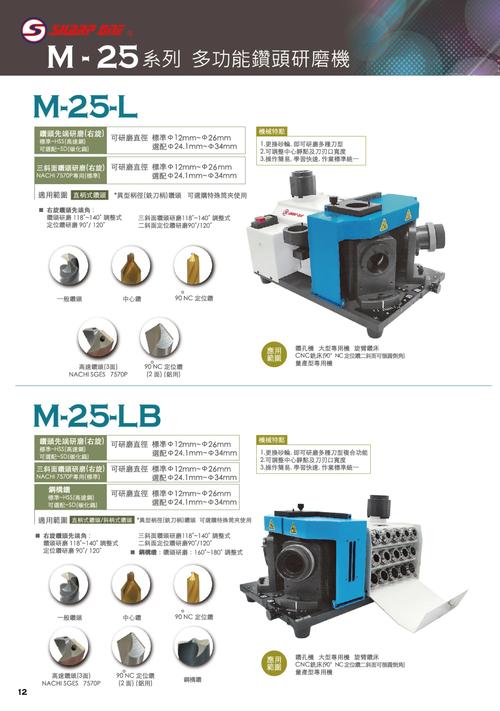
8-1.25 Drill Bit Size: A Comprehensive Guide
When it comes to selecting the right drill bit, understanding the size and specifications is crucial. In this article, we will delve into the details of the 8-1.25 drill bit size, exploring its dimensions, applications, and benefits. Whether you are a DIY enthusiast or a professional, this guide will equip you with the knowledge to make an informed decision.
Understanding the Size
The 8-1.25 drill bit size refers to the diameter of the bit, which is 8mm. The “1.25” part indicates the shank size, which is 1.25mm. This size is commonly used for various drilling applications, including woodworking, metalworking, and plastic materials.

Dimensions
Let’s take a closer look at the dimensions of the 8-1.25 drill bit size:
| Dimension | Value |
|---|---|
| Bit Diameter | 8mm |
| Shank Diameter | 1.25mm |
| Overall Length | 100mm |
| Shank Length | 20mm |
These dimensions ensure that the drill bit fits securely into your drill chuck and provides optimal performance.
Applications
The 8-1.25 drill bit size is versatile and suitable for a wide range of applications:
-
Woodworking: This size is ideal for drilling holes in wood, including furniture, cabinets, and wooden structures.

-
Metalworking: The 8-1.25 drill bit size can be used for drilling holes in metal materials, such as steel, aluminum, and brass.
-
Plastic Materials: It is also suitable for drilling holes in plastic materials, including ABS, PVC, and polycarbonate.
Benefits
Choosing the 8-1.25 drill bit size offers several advantages:
-
Accuracy: The precise diameter ensures accurate hole sizing, which is crucial for various applications.
-
Strength: The robust design provides excellent durability and resistance to breakage, making it suitable for heavy-duty tasks.
-
Speed: The 8-1.25 drill bit size allows for efficient drilling, reducing the time required for your projects.
Choosing the Right Drill Bit
When selecting the 8-1.25 drill bit size, consider the following factors:
-
Material: Ensure that the drill bit is suitable for the material you are working with, as different materials require different bit types.
-
Drill Chuck Size: Check the maximum drill bit diameter that your drill chuck can accommodate to ensure a secure fit.
-
Drill Bit Type: Choose the appropriate drill bit type, such as twist drill, masonry drill, or wood drill, based on your application.
Conclusion
The 8-1.25 drill bit size is a versatile and reliable choice for various drilling applications. By understanding its dimensions, applications, and benefits, you can make an informed decision and achieve optimal performance. Whether you are a DIY enthusiast or a professional, this guide will help you select the right drill bit for your needs.







